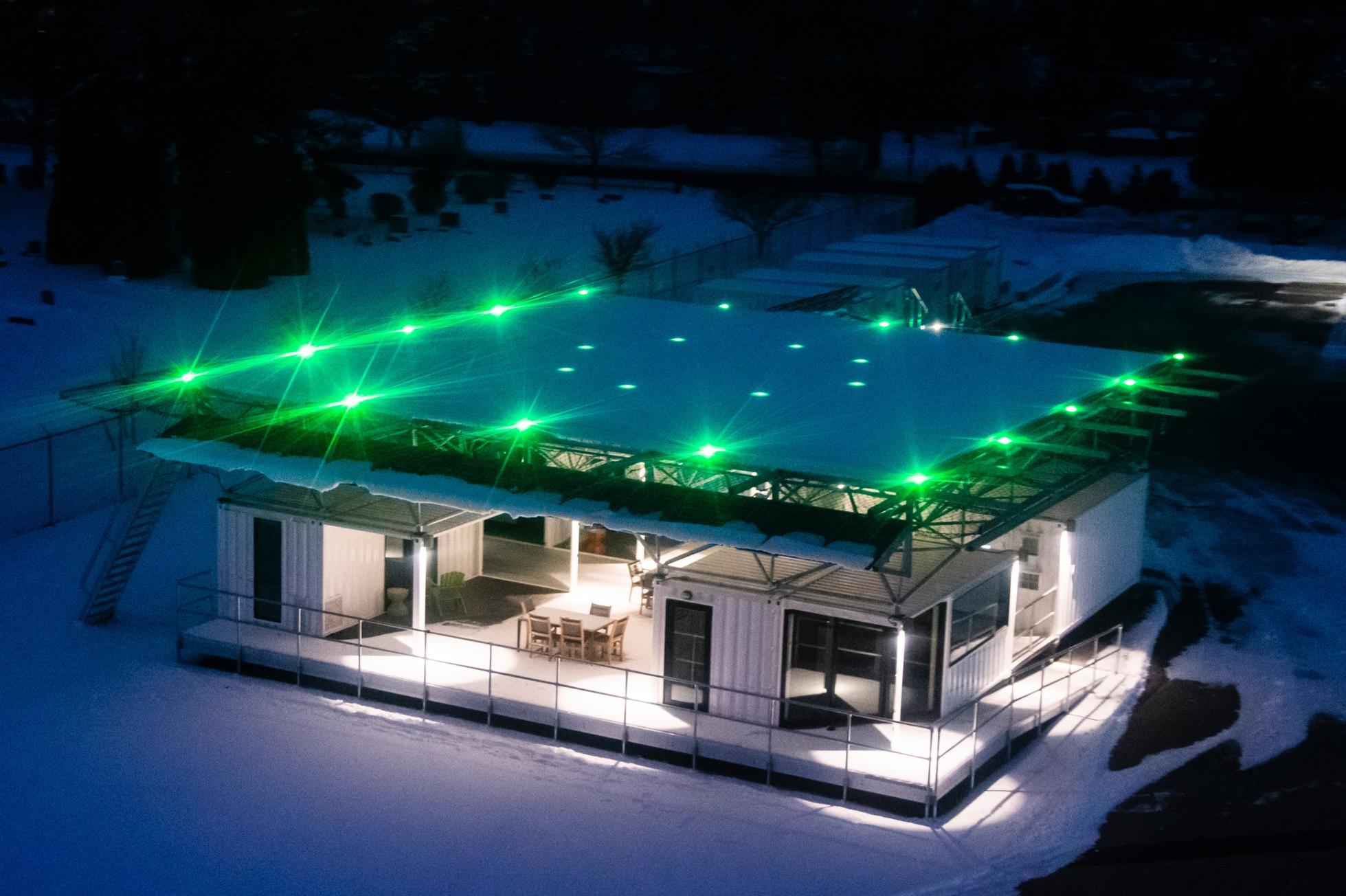[ad_1]

Rendering of an eVTOL aircraft from BETA Technologies that UPS plans to add to its delivery fleet.
UPS
UPS plans to buy up to 150 small electric aircraft from startup BETA Technologies that the delivery giant thinks can help get goods to customers in small and mid-size markets faster and with less carbon emissions.
Deliveries of the first 10 BETA electric Vertical Takeoff and Landing, or EVTOL, vehicles begin in 2024, says UPS, which has an option to buy 150. They have a flying range of up to 250 miles per charge and can carry up to 1,400 pounds of cargo. The aircraft will be able to take off and land directly at UPS facilities and can be recharged in about an hour. UPS and BETA both declined to provide financial details of the deal. BETA also has to complete an extensive FAA review process before they can go into service.
“These new aircraft will create operational efficiencies in our business, open possibilities for new services and serve as a foundation for future solutions to reduce the emissions profile of our air and ground operation,” said Juan Perez, chief information and engineering officer for UPS. The BETA program is being led by the company’s UPS Fleet Forward subsidiary.
The addition of EVTOLs coincides with Atlanta-based UPS’s push to electrify its massive delivery fleet in hopes they can curb both fuel and maintenance costs while also lowering the company’s carbon footprint. UPS last year said it intended to purchase up to 10,000 battery-powered vans from U.K. startup Arrival, with the first of those electric vehicles going into service next year.
The vehicles, which BETA says are only about one-tenth as noisy as conventional helicopters, have four fixed propellers to lift them off the ground and a propeller in the rear to push them forward when in flight. They would be deployed for customers including healthcare facilities and businesses that depend on time-sensitive deliveries, though UPS declined to say where the first units would go into service. UPS will also install BETA-designed charging equipment for the aircraft.
“By utilizing vertical takeoffs and landings, we can turn relatively small spaces at existing UPS facilities into a micro air feeder network without the noise or operating emissions of traditional aircraft,” said BETA founder and CEO Kyle Clark.
Burlington, Vermont-based BETA’s project with UPS follows previous plans to supply vehicles to United Therapeutics and the U.S. Air Force.

A landing pad and charging station envisioned for BETA vehicles at a UPS facility.
UPS
[ad_2]
